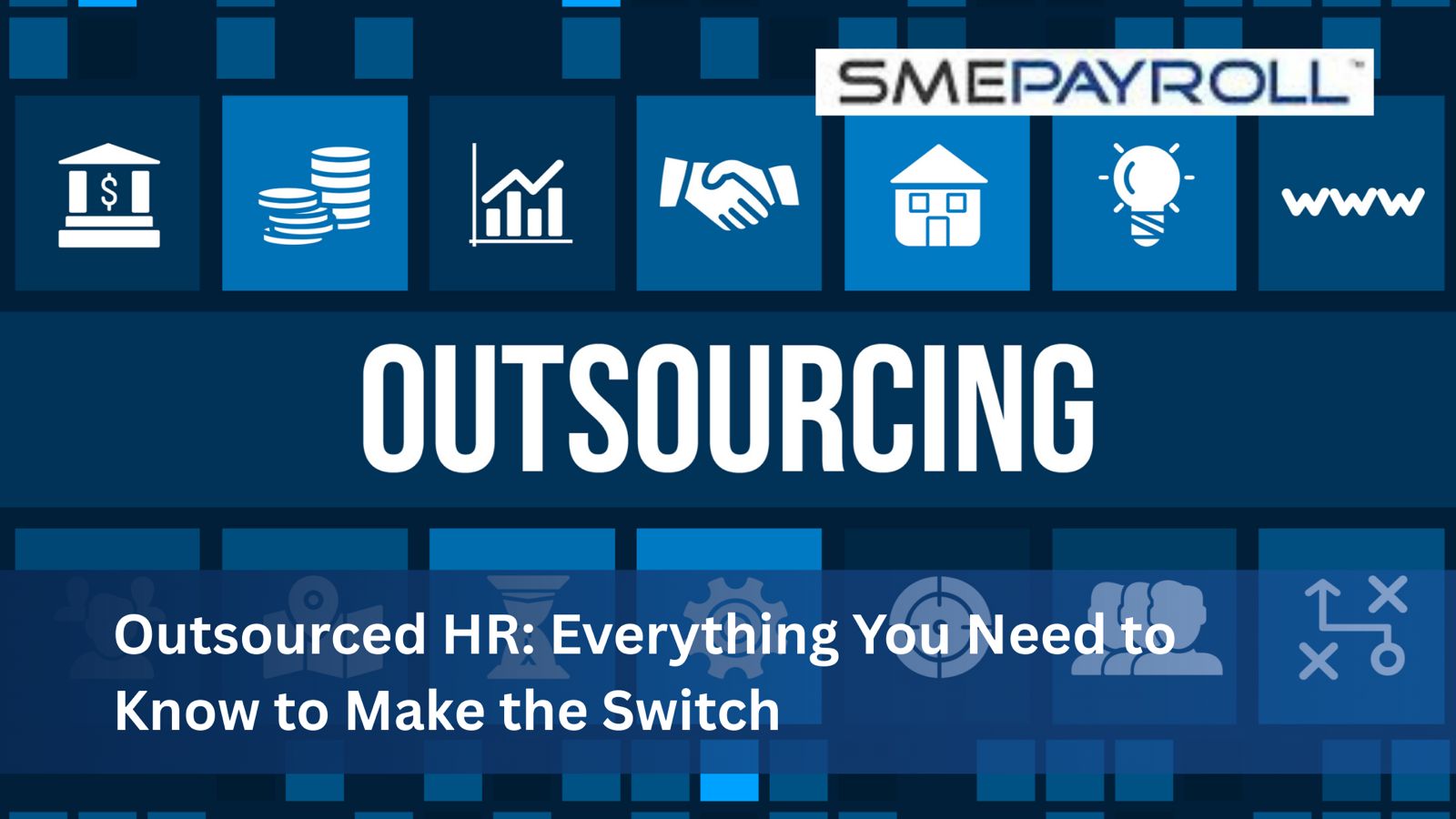Singapore, a global business hub, is at the forefront of technological adoption. HR, like other functions, is undergoing a digital transformation, with AI playing a pivotal role. This blog explores the impact of AI on HR software and its implications for Singaporean businesses.
Historically, HR departments have been bogged down with administrative tasks, leaving little time for strategic initiatives. The advent of AI has changed this narrative. It’s transforming HR from a support function to a strategic partner driving business growth.
AI-powered HR software offers a myriad of benefits:
- Enhanced Efficiency: Routine tasks like payroll processing, time-off requests, and expense reimbursements can be automated, freeing up HR professionals to focus on higher-value activities.
- Improved Recruitment: AI can streamline the recruitment process by automating initial screening, identifying top talent, and even scheduling interviews. This saves time and increases the quality of hires.
- Enhanced Employee Experience: AI-driven chatbots can provide employees with instant answers to their queries, improving employee satisfaction and engagement.
- Data-Driven Insights: AI can analyze vast amounts of HR data to identify trends, predict employee turnover, and optimize workforce planning. This data-driven approach enables HR to make informed decisions.
- Personalized Development: AI can analyze employee performance data to identify strengths, weaknesses, and development needs, enabling tailored learning and career paths.
HR Software and AI: A Singaporean Context
Singapore’s competitive business landscape demands HR functions to be agile and efficient. AI-powered HR software is a perfect fit for this environment.
- Talent Acquisition: With Singapore’s tight labor market, finding the right talent is crucial. AI can help identify top candidates from a large pool of applicants, saving recruiters time and effort.
- Employee Engagement: Singaporean employees value work-life balance and career growth. AI-powered HR software can help monitor employee satisfaction, identify potential issues, and implement targeted engagement strategies.
- Compliance: Singapore has a complex regulatory environment. AI can help HR departments stay compliant by automating compliance checks and generating reports.
- Digital Transformation: Singapore is a digital nation. AI-powered HR software aligns with this vision by leveraging technology to drive business growth and improve HR efficiency.
HR Software and AI: Challenges and Considerations
While AI offers immense potential, it’s not without challenges.
- Data Privacy: Handling employee data requires stringent privacy measures. HR departments must ensure that AI systems comply with data protection regulations.
- Bias: AI algorithms can perpetuate biases present in the data they are trained on. It’s crucial to address bias to ensure fair and equitable outcomes.
- Job Displacement: There is a concern that AI may replace HR jobs. However, the reality is that AI will augment HR roles, not replace them. HR professionals will need to develop new skills to work alongside AI.
HR Software and AI: The Future of HR
The integration of AI into HR software is still in its early stages. As technology evolves, we can expect even more sophisticated AI applications in HR. This could include predictive analytics for workforce planning, AI-powered performance management, and even AI-driven HR coaching.
Singapore is well-positioned to lead the way in AI-powered HR. By embracing this technology, Singaporean businesses can gain a competitive edge, improve employee satisfaction, and drive business growth.
The future of HR is undoubtedly AI-powered. HR professionals who embrace this technology will be at the forefront of shaping the future of work.
Must Read: HR Software Automation and Trends
How SME Payroll Can Leverage Automation and AI
SME Payroll, as a payroll service for small enterprises, can significantly enhance its offerings through the strategic integration of automation and AI. Here are some key pointers:
1. Automation: Streamlining Payroll Processes
- Data Entry Optimization: Automate the process of importing employee data, time and attendance records, and other relevant information into the payroll system.
- Calculation Accuracy: Employ automated calculations for gross pay, deductions, taxes, and net pay, reducing the risk of human error.
- Compliance Management: Automate tax calculations, filing, and reporting, ensuring adherence to complex tax regulations.
- Report Generation: Generate various payroll reports, such as salary slips, tax forms, and compliance reports, automatically.
- Payment Processing: Automate salary disbursements through direct deposit or other electronic payment methods.
2. AI: Enhancing Decision-Making and Employee Experience
- Predictive Analytics: Utilize AI to analyze payroll data and predict trends, such as overtime hours, employee turnover, and payroll costs.
- Fraud Detection: Implement AI-powered fraud detection systems to identify anomalies and potential discrepancies in payroll data.
- Chatbots: Deploy AI-driven chatbots to provide employees with instant answers to payroll-related queries, improving employee satisfaction.
- Personalized Recommendations: Offer personalized recommendations to employees based on their payroll data, such as tax-saving tips or retirement planning advice.
- Process Optimization: Use AI to analyze payroll processes and identify areas for improvement, leading to increased efficiency.
3. Additional Benefits
- Cost Reduction: Automation and AI can significantly reduce labor costs associated with manual payroll processing.
- Improved Accuracy: Automated calculations and AI-powered checks minimize errors, ensuring accurate payroll processing.
- Faster Payroll Processing: Automated processes accelerate payroll processing, enabling timely salary disbursements.
- Enhanced Compliance: AI-driven compliance checks help businesses stay updated with changing tax regulations.
- Data-Driven Insights: AI-powered analytics provide valuable insights into payroll data, supporting informed decision-making.
By effectively leveraging automation and AI, SME Payroll can differentiate itself from competitors, improve service quality, and deliver exceptional value to its clients.






















Leave feedback about this